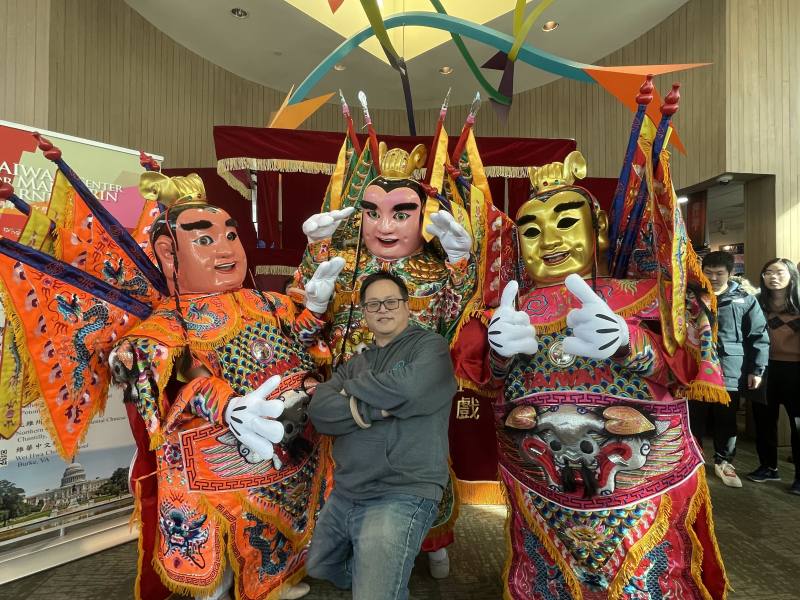
Learn Mandarin in D.C.: How an Engineer-Principal Is Making Mandarin and Taiwanese Culture Accessible to All
On March 21, the Washington Wizards hosted their first-ever “Taiwanese Heritage Night” at an NBA game, marking a historic milestone in Taiwanese-American cultural recognition.
This groundbreaking event was spearheaded by the Millennium Global Youth Foundation (MGY) and caught the attention of communities on both sides of the Pacific. One of the foundation’s key figures, David Tang, emphasized the importance of Taiwanese Americans making an outward impact, ensuring broader society understands their presence and contributions.
But for Tang, this philosophy isn’t limited to high-profile events—it is deeply ingrained in his role as the principal of the Taiwan Center for Mandarin Learning (TCML) in Washington, D.C. Taiwanese School (WDCTS).
From Failing Mandarin to Leading a Language School
Tang, who humbly admits that his proficiency in both Mandarin and Taiwanese is not top tier, jokingly referred to himself as someone who misguides students. However, over time, he transformed his perspective, embracing the mission of preserving and passing on Taiwanese culture. Balancing unexpected opportunities with strategic analysis, he carved a path of transformation and cultural heritage. Today, he stands as the leader guiding WDCTS’s TCML program into the local community, ensuring its continued growth and impact.
Born in Taiwan, Tang moved to the U.S. with his family in the 1990s at the age of 14, making him part of the “1.5 generation”—those who immigrate at a young age and straddle both cultures. At the time, the internet was still in its infancy, leaving Tang dependent on books brought from Taiwan to maintain his connection to Mandarin.
He vividly recalls a teacher’s words before leaving: “David, you’re going abroad—don’t embarrass yourself!” The pressure of preserving his language skills lingered, though he struggled academically; he even failed his last Mandarin literature exam before moving to the U.S.
From college to the workplace, Tang had little connection with the field of education. However, in 2010, as a father, he sought a way for his child to learn the Taiwanese language. This pursuit led him, as a parent, to establish a meaningful connection with the Washington DC Taiwanese School, marking the beginning of his journey in language and cultural education.
Data, Dedication, and the Rise of a Reluctant Educator
Tang is not only deeply invested in his child’s education, but his background in electrical engineering has also fostered a strong interest in data analysis. He frequently sought insights from former principal Kuei-ling Chen regarding school operations and financial figures. His analytical mindset naturally led him to dissect various educational metrics, delving into the underlying significance behind the school’s performance indicators and long-term sustainability.
Tang’s enthusiasm for data interpretation and problem analysis deepened his understanding of the operations of WDCTS. As a dedicated “numbers-driven” parent, he actively participated in school affairs for over a decade, from serving as the PTA(Parent Teacher Association) member, PTA president, then school board member before officially taking on the role of principal in 2019. Reflecting on his journey, he often jokes: “Now, more than anything, I wish I could tell my former teachers back in Taiwan – ‘Look, I’ve finally started misguiding students myself!'”
Strengthening Community Engagement Beyond Education
The year after Tang took on the role of principal, the COVID-19 pandemic struck. In response, he worked with the school’s faculties, volunteers and students serving the community, organizing efforts to deliver meals to healthcare workers and help procure face masks for those in need. Through this experience, he came to realize that the school’s mission extended beyond education. With conviction, he stated: “We are not just a school – we can also be a vital bridge connecting the community.”
Founded forty-two years ago, WDCTS initially focused on teaching the Taiwanese language. In the 1990s, the school expanded its curriculum to include Mandarin and Japanese, providing youth students with broader language learning opportunities.
However, the school has maintained its focus on youth education and has not prioritized Mandarin instruction for adults. Through the Culture Center of TECRO, Tang learned about the Overseas Community Affairs Council’s Taiwan Mandarin Learning Center Initiative. Around the same time, he discovered that the Gaithersburg Chinese School, a similarly aged institution, had shut down—a realization that deepened his concern about the declining presence of traditional Mandarin characters and Taiwanese language education.
Tang believed that focusing solely on promoting Taiwanese was not enough. His experiences during the pandemic reinforced his conviction that a Mandarin Learning Center could have a broader impact, allowing WDCTS to integrate more deeply into the local community and strengthen its role as a vital cultural hub. Determined to expand the school’s mission, he officially established the WDCTS TCML program in September 2021.”
For Tang, student retention is the most important indicator of a school’s success. To provide high-quality education and reduce dropout rates, he remained committed to dividing classes by proficiency levels, despite facing initial challenges in funding and staff allocation. Collaborating closely with the academic team, a structured exam and advancement system was developed, ensuring students experience a sense of continuity and achievement in their learning.
This approach gradually built WDCTS TCML’s reputation, attracting not only many local students interested in Mandarin but also gaining recognition through the Culture Center’s referrals. As a result, the school successfully established a Mandarin program at NASA, further expanding its reach and impact.
Uniting Generations Through Language and Identity
“Taiwanese is not just a language – it is a cultural cornerstone.” Tang remains committed to the original mission of the Washington DC Taiwanese School, organizing cultural events that allow both Taiwanese descendants and foreign learners to engage with Taiwanese language and culture simultaneously. He emphasizes that both Taiwanese and Mandarin are integral parts of Taiwan’s linguistic identity, and he believes that TCML’s success in promoting Mandarin has further reinforced the school’s dedication to preserving Taiwanese. Rather than seeing the two languages as competing forces, he views Mandarin education is also a driving force that strengthens the school’s ability to safeguard Taiwanese heritage.
Guided by data-driven strategies, Tang Boyu has led his team through a steady transformation, allowing WDCTS TCML to strengthen connections between Taiwanese Americans and the local community while simultaneously benefiting the school’s operations. He firmly believes that both Mandarin and Taiwanese are inseparable foundations of Taiwan’s culture. Through continuous innovation in education and cultural events, WDCTS TCML has not only introduced Taiwan to Taiwanese descendants and foreign learners but also fostered the growth of Taiwan’s language and heritage abroad.
“No matter where we are, Taiwanese people must see it as their responsibility to pass on our language and preserve our culture.” This spirit of cultural continuity is steadily flourishing in foreign lands, one step at a time.
Comment ( 0 )
Trackbacks are closed.



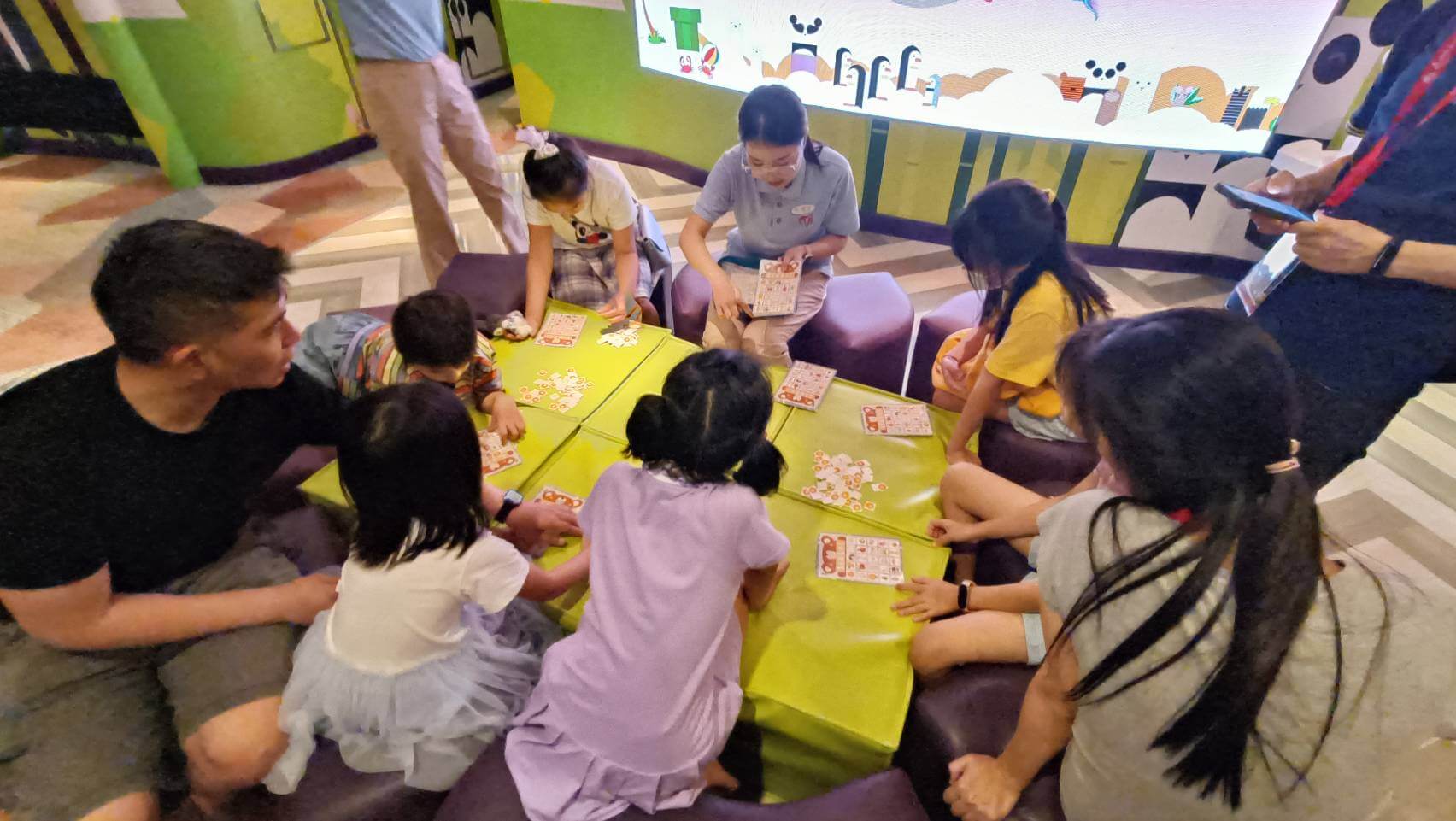
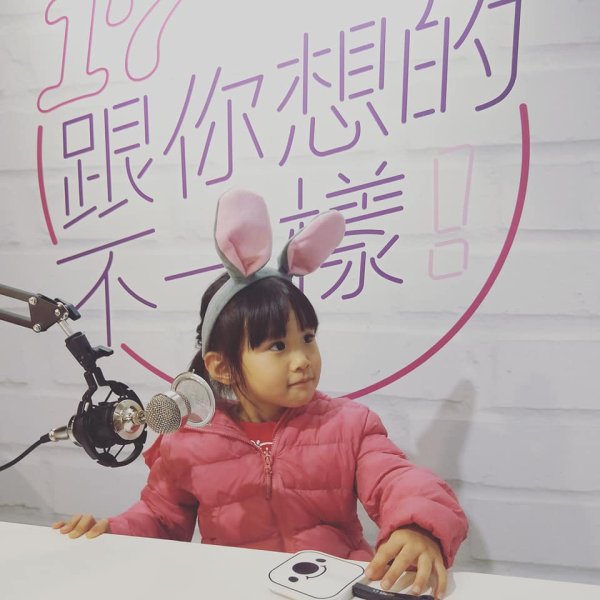
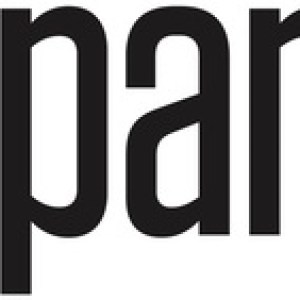





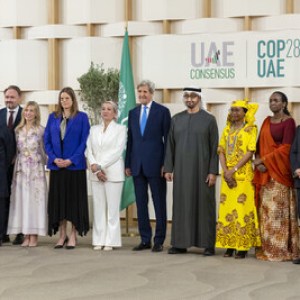
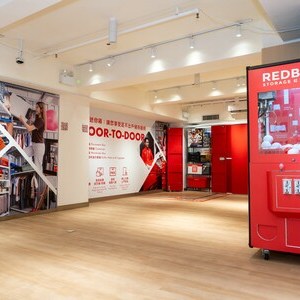
No comments yet.